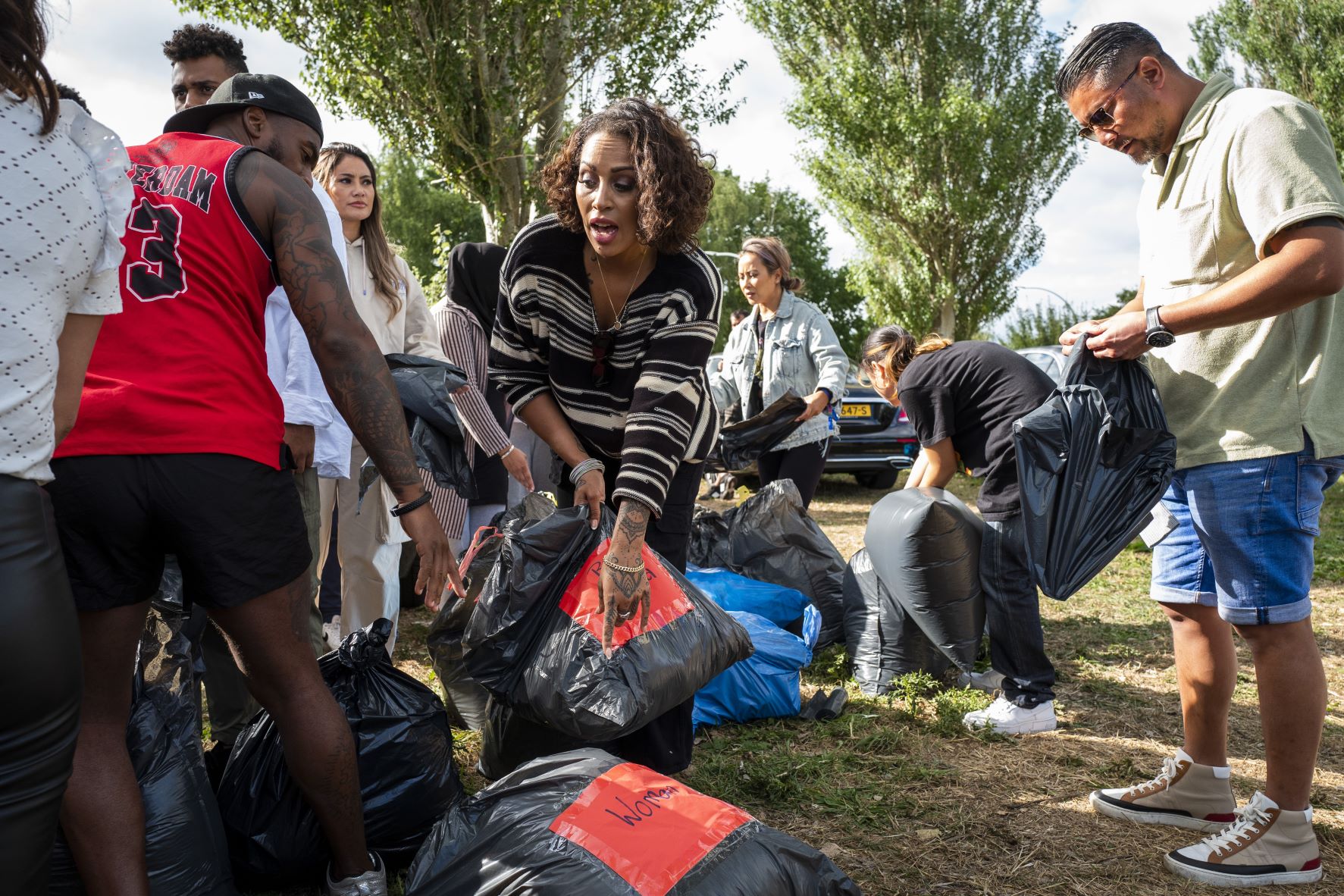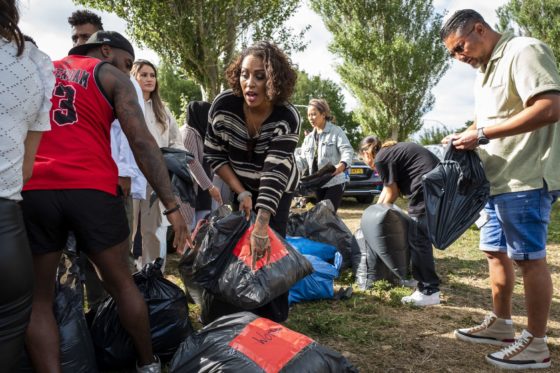Asylum seekers at Ter Apel offered beds at former military barracks after cold weekend


Several hundred asylum seekers faced 11 degree temperatures at the weekend, sleeping outside Ter Apel centre where their claim needs to be registered.
Local and international media reported ‘shaming’ situations on Friday night. Artsen zonder Grenzen, the Dutch arm of Médecins Sans Frontières, has been offering crisis first aid on the ground and sending several people for hospital care.
Director Judith Sargentini had said it was the first time that the emergency organisation had been asked to act in its own country, after around 700 people were forced to sleep outside, with unhygienic toilets and no showers due to a lack of beds.
An investigation is ongoing into the overnight death of a three month old baby, who was reportedly sleeping with its mother inside the centre last week. On Monday, the municipality of Het Hogeland pledged to house between 500 and 700 asylum seekers at the Zoutkamp former military barracks to relieve pressure on Ter Apel.
An emergency local situation was declared last week and smaller tents cleared after there were some fights among the huge numbers sleeping outside, waiting to register their asylum claim. Ter Apel, a remote village in Groningen, is the first point of call for asylum seekers.
The problem is thought to stem from the fact that asylum seeker residential centres were closed during the pandemic, and the current housing crisis means that people whose claims are accepted have nowhere to go.
The Dutch government has said it will back out of an agreement with Turkey to take 1,000 asylum seekers a year and only allow entry to refugees’ families when they have found an actual home.
Concern
However, the political scheme has caused concern in government party the ChristenUnie, some of whose members have called the plans ‘legally and morally bankrupt’. Refugee organisation Vluchtelingenwerk has said it is planning to take court action against the government.
The COA (Central Agency for the Reception of Asylum Seekers) told the NOS that temporary beds were offered for Sunday night in various locations around the Netherlands, so no asylum seekers were ‘forced’ to sleep outside.
Earlier in the summer, Utrecht said it would give refugees priority for emergency housing for six weeks, in exchange for a government deal to build social housing.
Thank you for donating to DutchNews.nl.
We could not provide the Dutch News service, and keep it free of charge, without the generous support of our readers. Your donations allow us to report on issues you tell us matter, and provide you with a summary of the most important Dutch news each day.
Make a donation